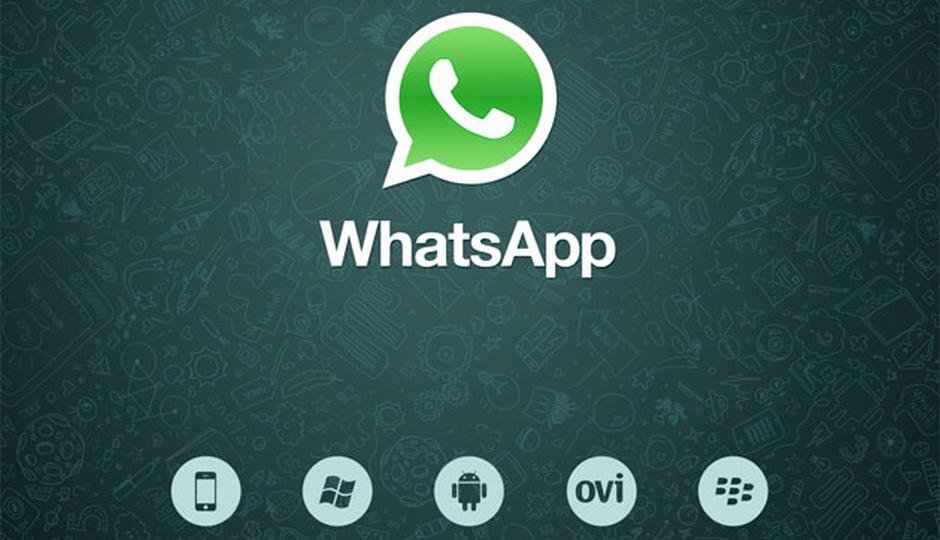WhatsApp becomes free for all. Wait, wasn’t it already?

Instant messaging service, WhatsApp, has announced that it will drop its annual $1 fee and will be free for all users. The Facebook-owned service is looking at other modes for revenue, and will not display advertisements to users.
WhatsApp has stated via its blog post that it will stop charging the $1 annual subscription. Personally, I have never paid for the subscription, and apart from the time when the app came for a fee on the iOS App Store, I haven’t met anyone who has paid the annual subscription fee. WhatsApp says, “For many years, we've asked some people to pay a fee for using WhatsApp after their first year. As we've grown, we've found that this approach hasn't worked well. Many WhatsApp users don't have a debit or credit card number and they worried they'd lose access to their friends and family after their first year. So over the next several weeks, we'll remove fees from the different versions of our app and WhatsApp will no longer charge you for our service.”
If you were worried about facing annoying advertisements on WhatsApp, there's space for reassurance. The company does not want to lose its consumer base to ads. Addressing this concern, WhatsApp has said, “Naturally, people might wonder how we plan to keep WhatsApp running without subscription fees and if today's announcement means we're introducing third-party ads. The answer is no. Starting this year, we will test tools that allow you to use WhatsApp to communicate with businesses and organizations that you want to hear from. That could mean communicating with your bank about whether a recent transaction was fraudulent, or with an airline about a delayed flight. We all get these messages elsewhere today – through text messages and phone calls – so we want to test new tools to make this easier to do on WhatsApp, while still giving you an experience without third-party ads and spam”. It looks like WhatsApp will charge third party service providers to share information via WhatsApp. Even though the service is massively popular in India, there are times when users resort to traditional calling and texting in business and work sectors, where 3G (and even 2G) connectivity is weak.
Former Yahoo employees, Jan Koum and Brian Acton, founded WhatsApp back in 2009. In 2014, social networking giant Facebook acquired WhatsApp for a valuation of $19 billion. As of now, WhatsApp has a user base of 1 billion active individuals.
A report on WhatsApp by Reuters reads, “The authorities in the United States, Britain and elsewhere say the growing prevalence of encryption on services such as WhatsApp and Apple's iMessage, hamstring their ability to monitor criminal suspects or thwart militant plots and have threatened to pass new laws to block these changes. WhatsApp, the service that offers free text, picture and video messages, has been slowly working to develop end-to-end encrypted communications services for more than a year. It has already introduced full encryption for users on Android phones.”
Information circulating the Internet also suggests that WhatsApp is looking to expand its services by adding a video-call service. If leaked screenshots are to be believed, then the interface of WhatsApp’s video calling service will be similar to that of its voice-calling service. Rumours suggest that users will have the option to mute conversations and switch cameras within a call. According to leaks, WhatsApp's version 2.12.16.2 for iOS is being used by developers and beta testers to test the voice-calling feature, along with a multi-tab UI, which will help users switch between conversations via overhead tabs.
Sameer Mitha
Sameer Mitha lives for gaming and technology is his muse. When he isn’t busy playing with gadgets or video games he delves into the world of fantasy novels. View Full Profile




